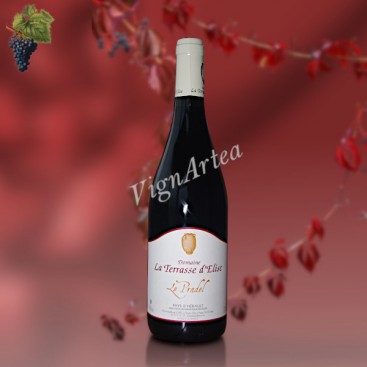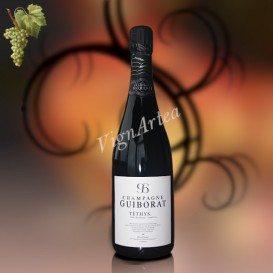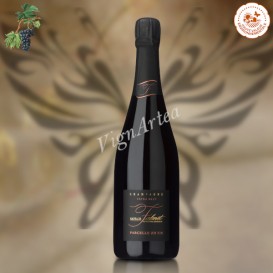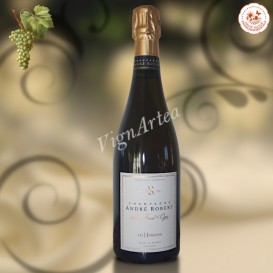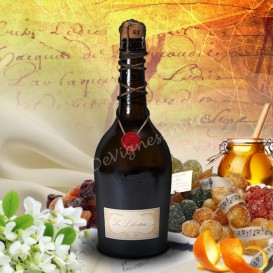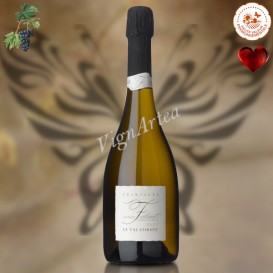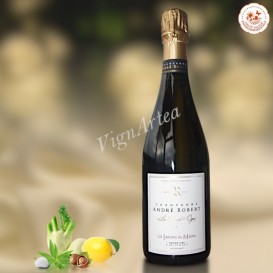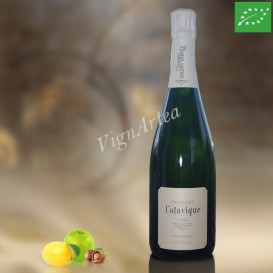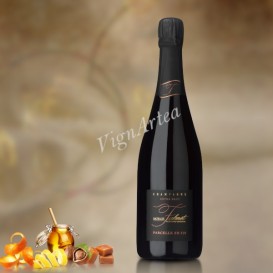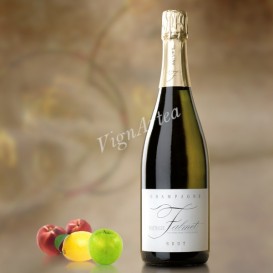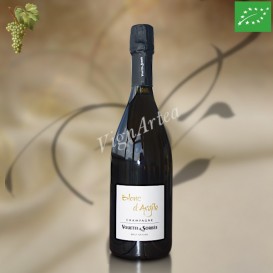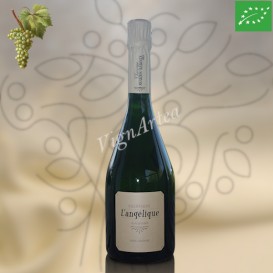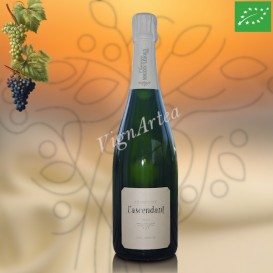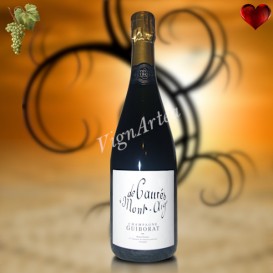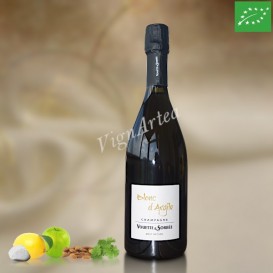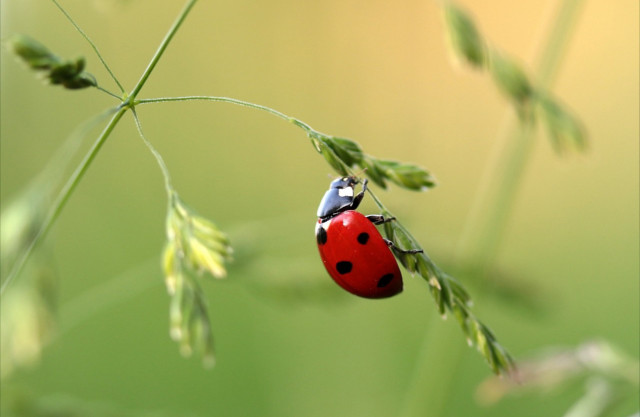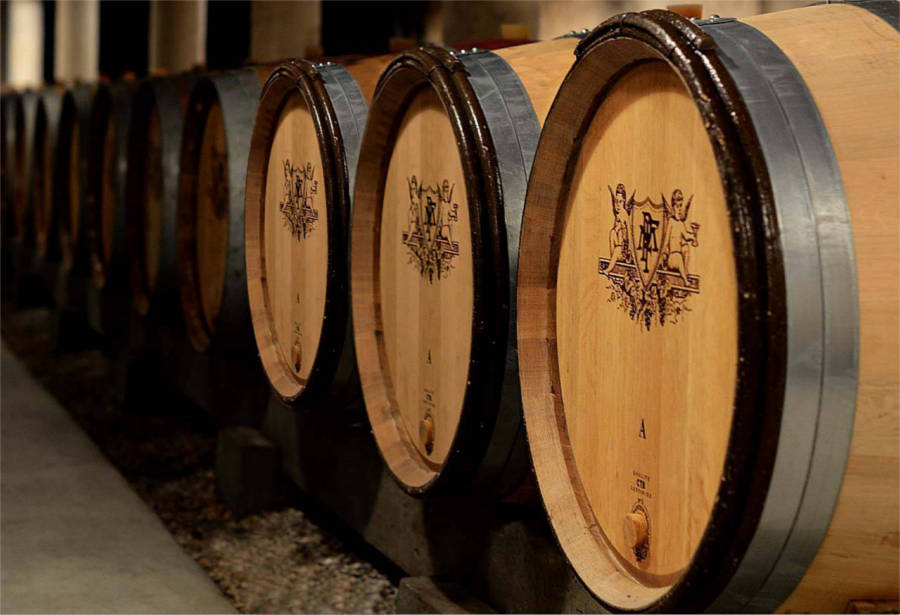LE PRADEL 2022 (Domaine La Terrasse d'Élise)
New product
LANGUEDOC - IGP PAYS D'HÉRAULT - RED WINE
Grape varieties: Cinsault (100%)
Ageing for 12 months in oak barrels
- Nose: Fine and elegant. Notes of redcurrant, raspberry, cinnamon, violet and a hint of liquorice.
- Palate: supple, round, delicate and nicely scented. Nice liquorice finish.
- Tasting date: tasting notes of the 2019 vintage.
- OUR OPINION: the tiny quantities supplied do not allow me to sacrifice a bottle for tasting. As those wines are of impeccable quality year after year, I wrote the tasting notes of the 2019 vintage as an indication.
TERROIR
The terroir of Aniane is based on a geological & complex element where we find mainly a soil of rolled pebbles from the end of the Tertiary, the Miocene Poudingues but also the ancient alluvial terraces and alluvial fans. They form the regions of the 'Grès de Montpellier', the Larzac terraces, the Béziers terraces, the Clairette du Languedoc, Pézenas and Quatourze.
All the Languedoc soils have a very high proportion of coarse, rocky, stony or gravelly elements, as well as a great depth exploitable by the vine's root system and good natural drainage. The differences are mainly in the absence or presence of limestone, particularly active limestone, which has an impact on the choice of rootstock and can condition the qualities of the tannins.
The plots of the LE PRADEL wine have a soil dating from the Aquitanian period, composed of yellow marl several hundred metres thick with fine sandstone banks, and some conglomerates with rolled pebbles. The Aquitanian corresponds to a period of the Lower Miocene, between -23 and -20 My, when the Hérault basin was occupied by a lake favouring carbonate deposits and then filled in by fluvio-lacustrine outpourings with distant contributions.
WINEGROWING & WINEMAKING
LE PRADEL is a single-varietal wine made from Cinsault, , just like the cuvée LES HAUTS DE CAROL'S. The difference lies in the duration of the maturation in barrels, which is only one year for LE PRADEL.
The vineyard is cared and Xavier Braujou follows the biodynamics principles to manage its plots, without any certification however, which does not allow us to classify its wines in the category of the Organic Wines.
Once harvested, the grapes are placed in vats for the alcoholic fermentation with the indigenous yeasts and the malolactic fermentation with the lactic bacteria.
The must is then racked into oak barrels to be aged for 12 months. The wine is not filtered before bottling.
| Country | Languedoc Roussillon |
| Color | Red |
| Orange wines | No |
| Clay amphorae wines | No |
| Type | Dry |
| Vintage | 2022 |
| Capacity | 75 cl |
| Single Grape Variety | Cinsault |
| Alcohol rate | 15,5 % |
| Quality Designation | Pays d'Hérault (IGP) |
| Cellar Potential | 8 years. |
| Service advise | 16°C (61°F). Open 1/2hr before the service. |
| Culture Methods | Non-certified Organic culture |
| Comments | Ageing in oak barrels for 12 months |
CHAMPAGNE
- FRANCE
- BY REGIONS
- FRESHNESS WINES FOR SUMMER!
- FAVOURITES
- ROSÉ WINES
-
Amphora winesAtypical
Specialized in amphora wines, we offer you a selection of the best white, red and rosé wines vinified in amphorae.
You will find vintages:
- fermented and aged in clay amphorae
- fermented in traditional tanks and aged in clay amphorae
- partially aged in clay amphorae...
...not to mention the rare wines vinified entirely in Qvevris!
- ASSORTED BOXESReady to buy
- WINEMAKERS (BY REGION)
- ALSACE/JURA
- BORDEAUX
- BURGUNDY
- CHAMPAGNE
- LANGUEDOC/ROUSSILLON
- LOIRE VALLEY
- PROVENCE
- RHÔNE VALLEY
- SOUTHWEST

